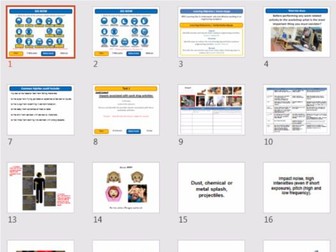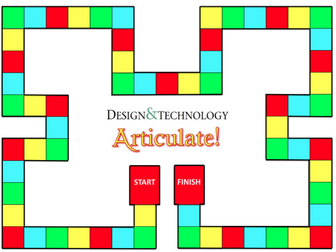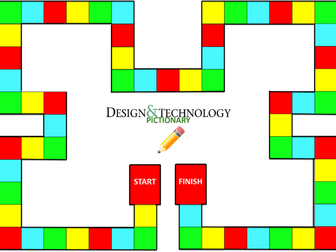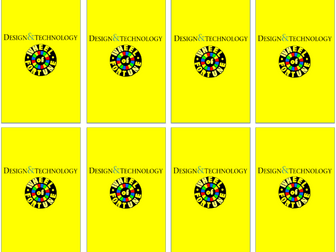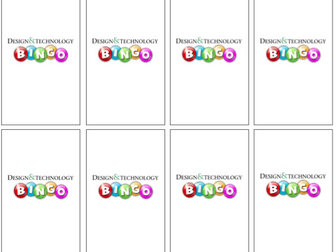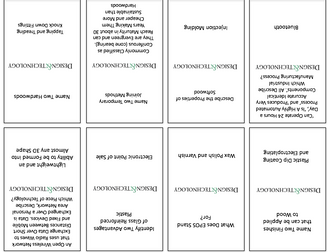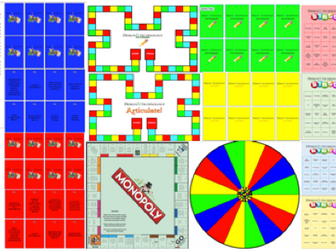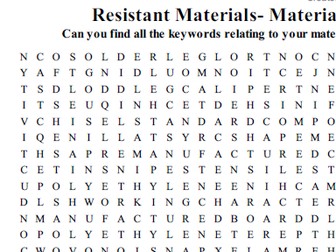
Wood Theory Resistant Materials
This lesson is an excellent, accessible introduction into wood theory or KS3, 4 or 5. It is essential that design technology and/or product design students know this as part of their theory, ready for assessments.
The lesson covers hardwoods, softwoods and manufactured boards, wood examples and their respective properties and manufacturing (felled, formed and finished) through various activities. Included is also a video on plywood production, worksheets and home learning tasks.



